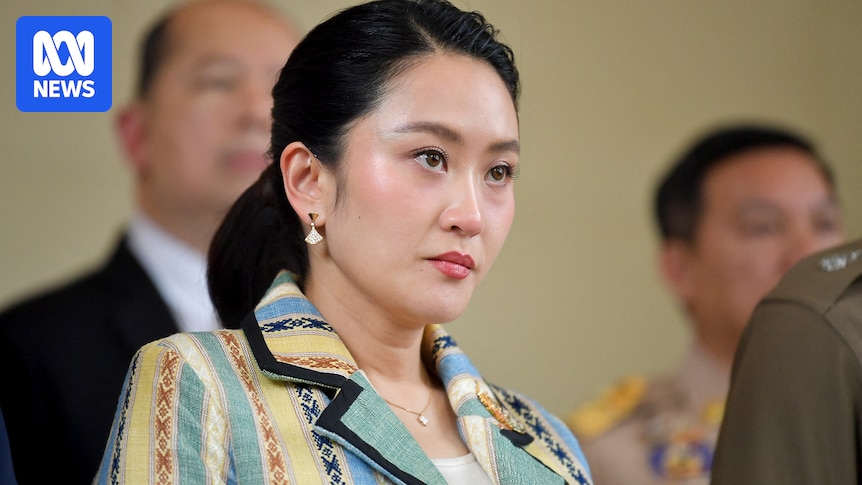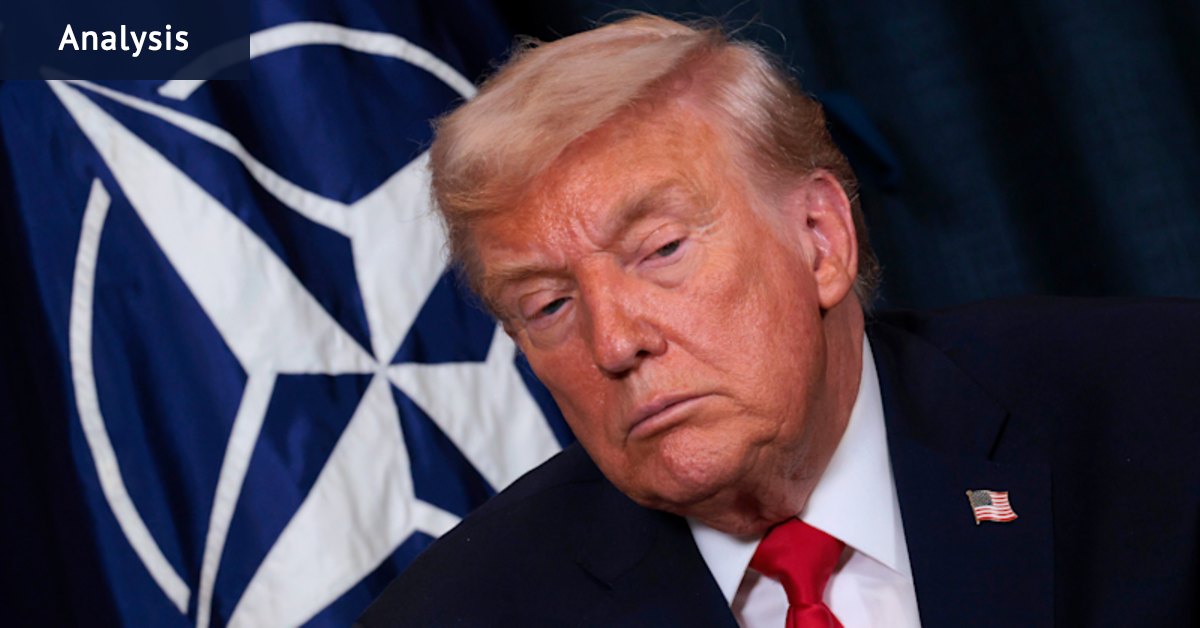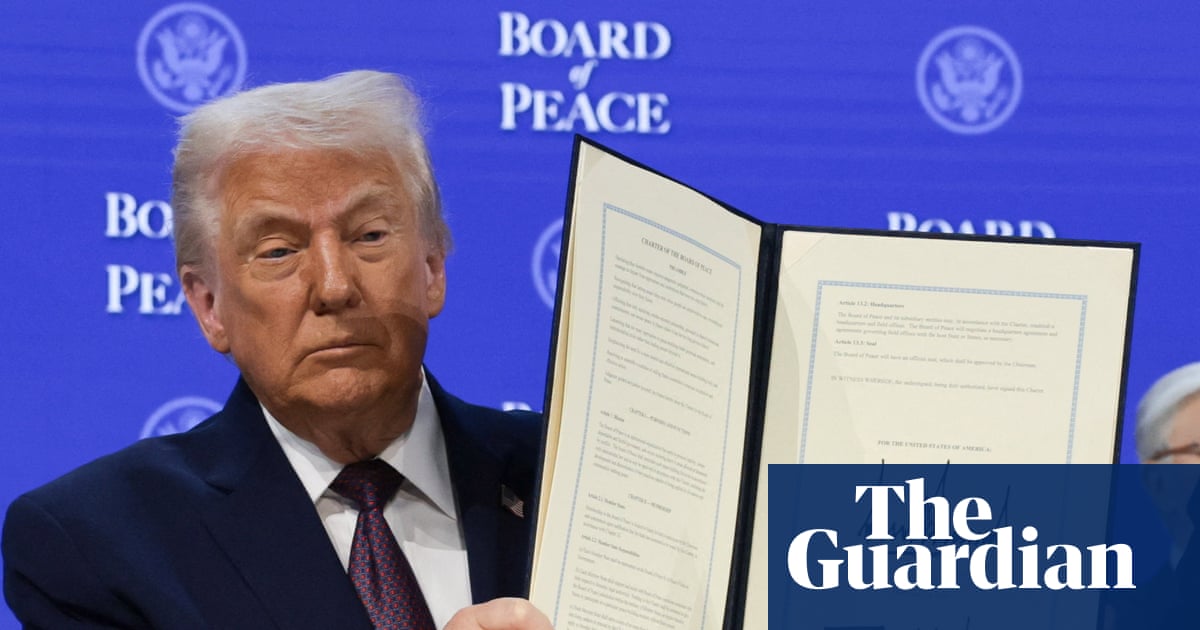
In a decision that has sent shockwaves through Thailand’s political landscape, the constitutional court has dismissed Paetongtarn Shinawatra from her position as prime minister. The ruling, delivered after 45 minutes of deliberation, found Shinawatra guilty of violating ethics standards in a six-to-three vote. The case revolved around a controversial phone call with Cambodia’s former leader, Hun Sen, during a period of heightened tensions between the two nations.
The court’s decision has plunged Thailand into a state of political instability, underscoring the immense power wielded by the constitutional court in the country’s fragile democracy. The ruling highlights the court’s ability to remove elected officials and ban politicians, a power it has exercised over a hundred times since its inception in 1997.
The Role of Thailand’s Constitutional Court
The constitutional court, comprised of a panel of all-male judges appointed by the king on the advice of the Senate, has the authority to dissolve political parties and dismiss government officials. This power has been a source of controversy, as it can override the will of millions of voters and disrupt the democratic process.
“There are nine judges on the bench, and these nine judges can dismiss a democratically elected prime minister very easily,” said Khemthong Tonsakulrungruang, an assistant professor of political science at Bangkok’s Chulalongkorn University.
“There’s no appeal, there’s no scrutiny of the court’s power. No matter how popular you are, you can be struck down anytime.”
While the court was established to protect democracy in a nation with a history of coups, its actions have often led to political instability. It has dissolved both major and minor parties, contributing to a cycle of disillusionment among Thai citizens.
A History of Political Intervention
The court’s interventions in political matters have been criticized for favoring Thailand’s conservative establishment. Critics argue that the court acts as a proxy, using its power to suppress reformist politicians who challenge the status quo.
Paetongtarn Shinawatra, daughter of former prime minister Thaksin Shinawatra, is not a reformist figure and holds a low approval rating. However, the progressive Move Forward Party (MFP), which won the most seats in the 2023 general elections, posed a significant challenge to traditional power structures. The MFP’s platform included revising the controversial lèse-majesté law, which criminalizes criticism of the monarchy.
Despite their electoral success, the constitutional court dissolved the MFP and banned its leaders from politics for a decade, accusing them of attempting to undermine the constitutional monarchy. The MFP maintained that their goal was to amend outdated laws, not to challenge the monarchy.
Implications for Thailand’s Democracy
The court’s actions have raised concerns about the future of democracy in Thailand. Human Rights Watch described the dissolution of the MFP as “a sham right from the start,” emphasizing the need for a constitutional court that operates fairly and transparently.
“A constitutional court is quite a vital component in many modern democracies around the world, and there’s some use for it,” said Khemthong.
“But if the Thai court continues to exercise its power in such an arbitrary manner, one day people are going to stand up and say, ‘we’re going to abolish the court altogether’.”
The true danger facing Thailand is not just the loss of faith in the court, but in democracy itself. With elections likely to be called within the next year, the question remains whether the votes of Thai citizens will still hold significance.
As Thailand navigates this turbulent political landscape, the role of the constitutional court will continue to be scrutinized, with its decisions shaping the future of the nation’s democracy.






